TMS Treatments in Chicago, IL
Experience TMS at wibeto where we can successfully treat treatment-resistant depression, OCD, anxiety, and other mental health issues without pharmaceutical interventions.
Transcranial Magnetic Stimulation (TMS) is a non-invasive treatment that delivers focused magnetic pulses to specific brain circuits involved in mood and behavior, helping relieve symptoms of severe depression and obsessive-compulsive disorder (OCD).
Our TMS process involves calculated mapping of your unique brain - this guarantees accuracy & precision for the best results!
How TMS Therapy Works
TMS offers a breakthrough approach to treating depression, OCD, and other mental health conditions. We’ll deliver safe, magnetic pulses (which is why you'll hear a gentle clicking sound during treatment) to specific areas of the brain - you will have an initial mapping session with an MD.
This non-invasive therapy specifically targets areas of the brain that control mood and are often underactive in people with depression. The magnetic pulses stimulate nerve cells in these regions, encouraging them to release neurotransmitters - the same brain chemicals that antidepressants aim to boost, but through direct brain stimulation rather than medication.
Beyond neurotransmitter activation, TMS enhances connectivity between different brain regions, helping them work better together and return to a more balanced, functional state. This dual action often provides significant symptom relief, even for patients who haven't found success with traditional treatments.
At Wibeto Practice, our TMS treatment represents a manual, technology-driven approach to brain health - targeting the root neurological causes of depression and OCD without the side effects of pharmaceutical interventions.
SAFE
Over 15 years of clinical use and research with no adverse effects on memory or cognition.
COMFORTABLE
No need for anesthesia or sedation. You’ll stay fully conscious while receiving treatment in a comfortable, tranquil environment.
OUTPATIENT
Treatments are performed in our clinic and patients can return to their daily activities post-treatment
NATURAL
Stimulates your brain's own ability to produce and release the chemicals necessary for optimal mood balance.
Who is this for?
-

Treatment-Resistant Depression
-

Single Episode of Severe Depression
-

Chronic Severe Depression
-

Obsessive-Compulsive Disorder (OCD)
-

Off-label: Bipolar Depression, Moderate-Severe Anxiety, PTSD
Diagnostic & Insurance Qualifications
Diagnostic Eligibility: TMS therapy is available for patients with a severe depression diagnosis, including single and recurring episodes. We'll assess your individual case to determine if you're a good candidate for treatment.
BCBS PPO & Aetna PPO Coverage Requirements:
Patients with these insurance plans can qualify for TMS treatment after documenting 1-2 failed antidepressant medication trials and must be actively participating in psychotherapy during their TMS treatment course.
United/Optum PPO Coverage Requirements:
Patients with Optum insurance can qualify for TMS treatment after documenting 1-2 failed antidepressant medication trials, with no requirement for concurrent psychotherapy sessions.
Watch real life stories of TMS success
Our thoughtfully designed space offers a comfortable private room with calming mood lighting and a TV to enhance the period of treatment. With a relaxing environment that encourages safety to explore, our team is dedicated to helping you make the most of your experience.
The wibeto experience
-
You will first meet with any of our psychiatry providers to determine if you are a good candidate for TMS. If you are, our team will initiate a prior authorization to your insurance company (if you are paying out of pocket, we will start scheduling your treatments).
Your first TMS-specific appointment includes mapping the precise brain locations for treatment as well as motor threshold testing to customize your treatment (you’ll experience a few test pulses to ensure comfort).
-
There is nothing “to do” but we will send a pre-TMS checklist that include
Physical Prep
Logistical Considerations
-
The entire treatment session lasts approximately ~19 minutes. Magnetic pulses will be delivered to specific areas of your brain based on the initial mapping with Dr. Lurie.
-
We will ensure the comfort, safety, and stability throughout the treatment cycle at TMS sessions as well as appointments with your psychiatry provider.
-
Depending on the protocol, there will be between 28-35 treatments (done Monday-Friday).
There is possibility for “re-mapping” if there is inadequate treatment response or if other life circumstances occur during the weeks of treatment.
Led by Dr. Jeffrey Lurie, our skilled team will ensure a TMS treatment experience focused on both safety and effectiveness. Each holistic treatment plan is carefully tailored to meet your unique needs.
Because you will have established care with one of our psychiatry providers, we will ensure to integrate these clinical assessments with your TMS treatment. If you are working with an outside psychiatrist, your psychiatry provider here will be sure to touch base with them!
Expert-Guided TMS for safe, effective care
Please see the ‘Getting Started’ page for further price breakdown*.
For any questions you may have, please contact Billing through the patient portal or at billing@wibetopractice.com
(you can send the front & back of your insurance card, along with your specific questions to allow us to help you best).
FAQs
Does insurance cover TMS?
Yes, TMS is covered by most major insurance plans including those we are in-network with (BCBS PPO, Aetna PPO, and Optum/United PPO) when clear criteria are met. We work with patients and their insurers to verify coverage upfront, so you know what your out-of-pocket responsibility will be before starting.. peace of mind!
How much does TMS cost without insurance?
Most Chicago clinics charge between $7,000-12,000 for a full TMS course. At Wibeto Practice, we believe in competitive, affordable care so we have brought that cost down to $5,950-8,000 (of note: we also offer ketamine treatments at $300 instead of the Chicago average $350-700).
Is TMS worth the investment?
For man patients who haven’t found relief with medications (or fear taking more of them), TMS provides a non-invasive, well-tolerated alternative with long-lasting benefits - this makes it a potentially powerful investment in your mental health and well-being.
How long does TMS treatment take and how many sessions are needed?
Each TMS session lasts ~17-19 minutes. A typical treatment course involves daily sessions (Monday-Friday) for 5-7 weeks. Most patients begin noticing improvements after 2-3 weeks of treatment, with continued progress throughout the full course.
Can I drive after TMS sessions?
Yes, you can drive yourself to and from TMS appointments. Since no anesthesia or sedation is used, patients remain fully alert and can resume normal activities immediately after each session.
Of very important note, we are conveniently located just a few blocks off the Kennedy Expressway (-90/94) with free street parking, making Wibeto Practice a very easily accessible TMS treatment center in the Chicago area.
What conditions does TMS treat besides depression?
While FDA-approved primarily for severe major depressive disorder (single or recurrent) and OCD, TMS can be used off-label for bipolar depression PTSD, and moderate-severe anxiety. Our clinical team will evaluate whether TMS is appropriate for your specific mental health concerns during your consultation.
What is the process in getting evaluated and approved for TMS treatments?
You will first meet with any of our psychiatry providers to determine if you are a good candidate for TMS. If you are, our team will initiate a prior authorization to your insurance company (if you are paying out of pocket, we will start scheduling your treatments).
What happens at your first TMS-specific appointment?
Your first TMS-specific appointment includes mapping the precise brain locations for treatment as well as motor threshold testing to customize your treatment (you’ll experience a few test pulses to ensure comfort).
Can I take antidepressant medications while receiving TMS therapy?
Yes, it is perfectly okay to remain on your current medications during TMS treatment - this will part of the clinical assessments and discussions with your psychiatry provider (if you are working with an outside psychiatrist, we will ensure collaboration with them).

Book an Appointment
Here at wibeto practice, we will see the full you. We are here for you when you are ready.






